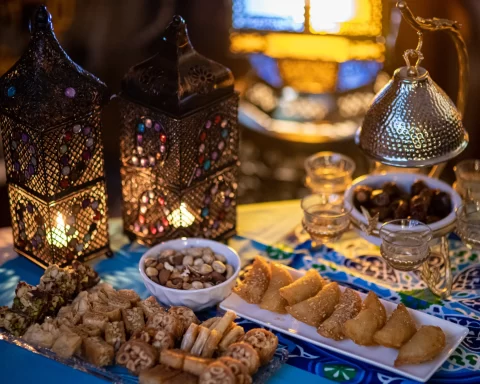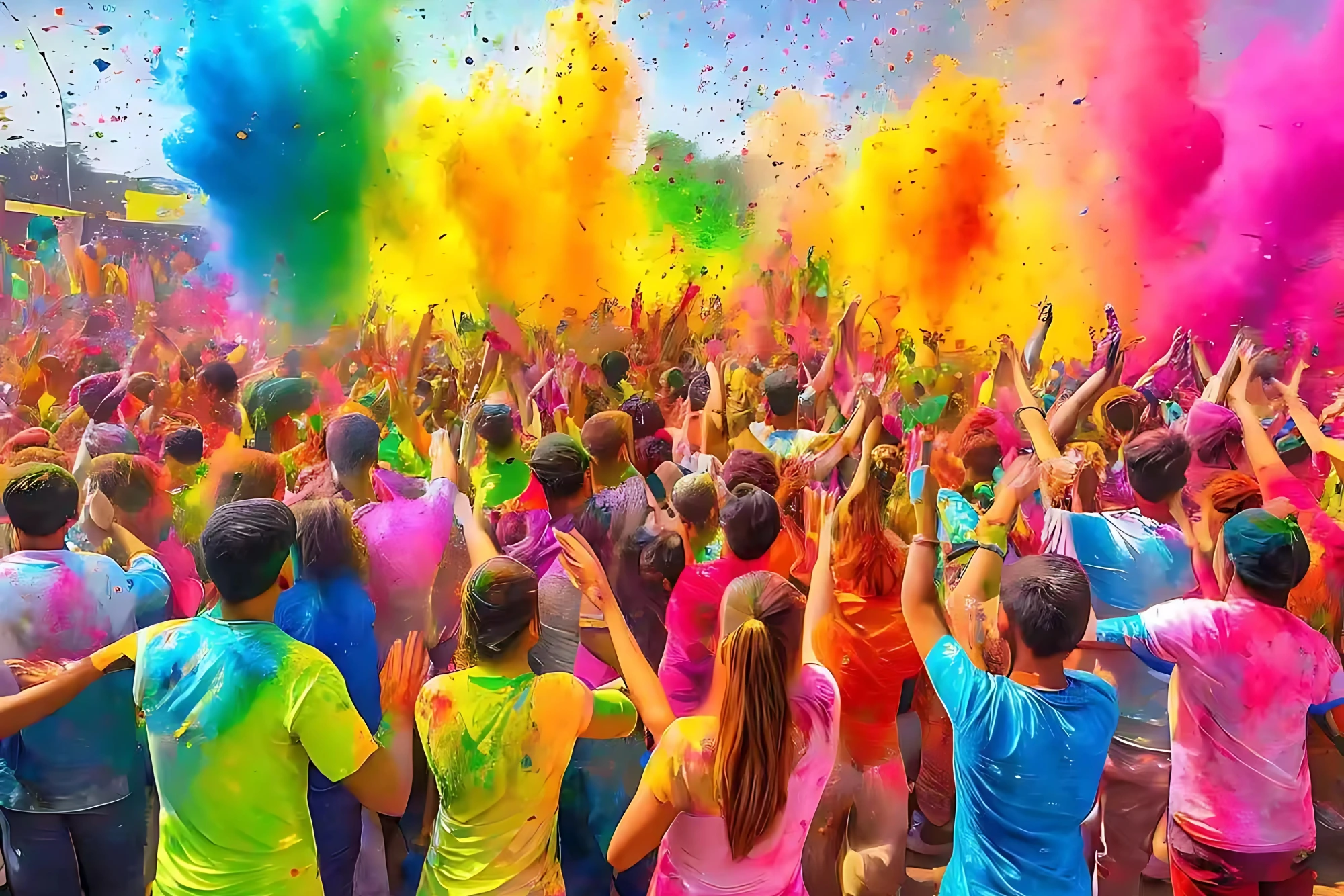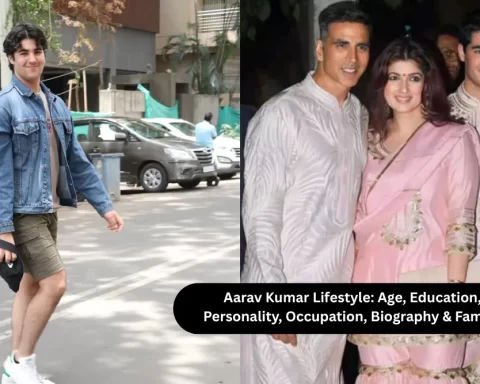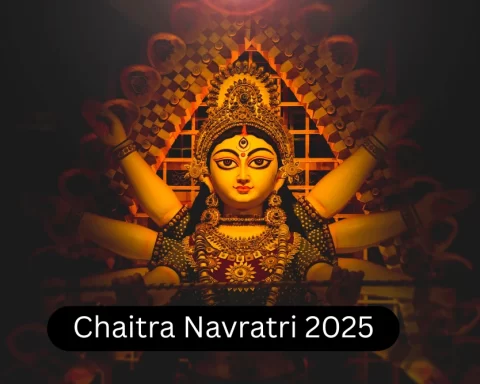This blog emphasizes the importance of choosing nutritious and energy-boosting foods for Iftar during Ramadan. It highlights key ingredients like dates, soups, and lean meats, while also advising on foods to avoid, such as fried and sugary items. The blog provides meal ideas for maintaining a healthy balance and energy throughout the fasting month, including the significance of staying hydrated and planning meals ahead.
Ramadan is a month of fasting for Muslims around the world. During this time, Muslims fast from dawn until sunset, refraining from eating or drinking. At sunset, they break their fast with a meal known as iftar. It’s important to choose the right foods at iftar to stay energized and healthy during the day. In this guide, we’ll discuss the best foods to eat during iftar to maintain your energy levels throughout the month of Ramadan.
What is Iftar?
Iftar is the meal Muslims eat to break their fast after a day of Ramadan fasting. The fast ends at sunset, which is the iftar time. The meal often begins with eating dates and drinking water, following the tradition of the Prophet Muhammad (PBUH). After this, Muslims typically enjoy a variety of dishes that provide energy and nourishment for the rest of the evening.
The Importance of Balanced Iftar Meals
After a day of Ramadan fasting, it is essential to choose foods that help replenish the body’s energy stores, provide essential nutrients, and prevent dehydration. A well-balanced iftar meal should contain a combination of:
- Carbohydrates – For energy.
- Proteins – For muscle repair and long-lasting energy.
- Healthy Fats – For sustained energy.
- Vitamins and Minerals – To support overall health.
- Water – To hydrate the body.
By focusing on these key areas, you can ensure that your body remains energized and healthy throughout Ramadan.
What Should You Eat at Iftar?
When preparing your iftar meals, it’s important to make sure they are nutritious and provide sustained energy for the night. Here are some iftar ideas and iftar recipes you can try:
1. Dates and Water
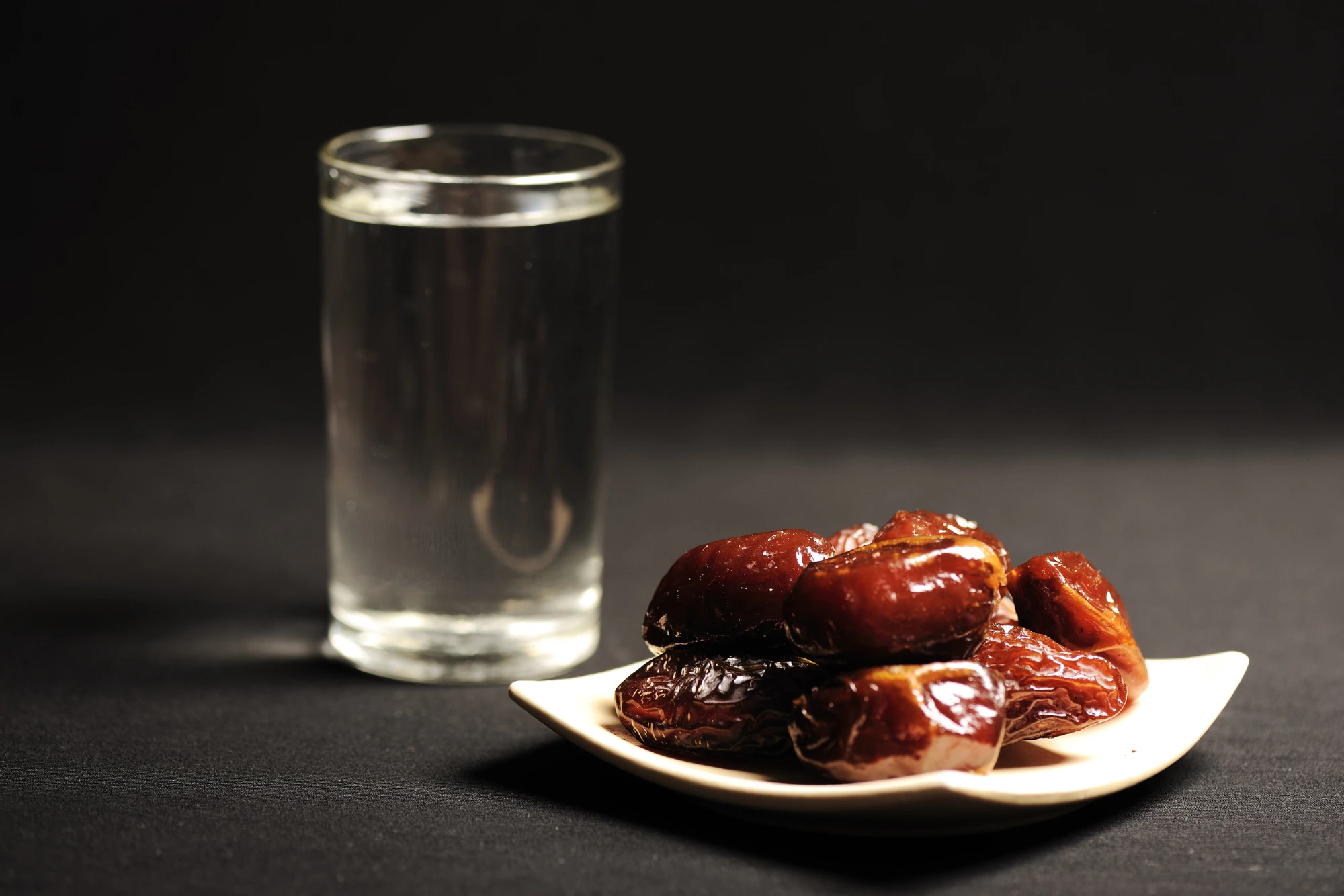
This is the traditional way to break the fast. Dates are rich in natural sugars, which give a quick boost of energy after a long day of fasting during Ramadan. Water helps rehydrate your body, which is crucial after many hours without liquids.
2. Soups
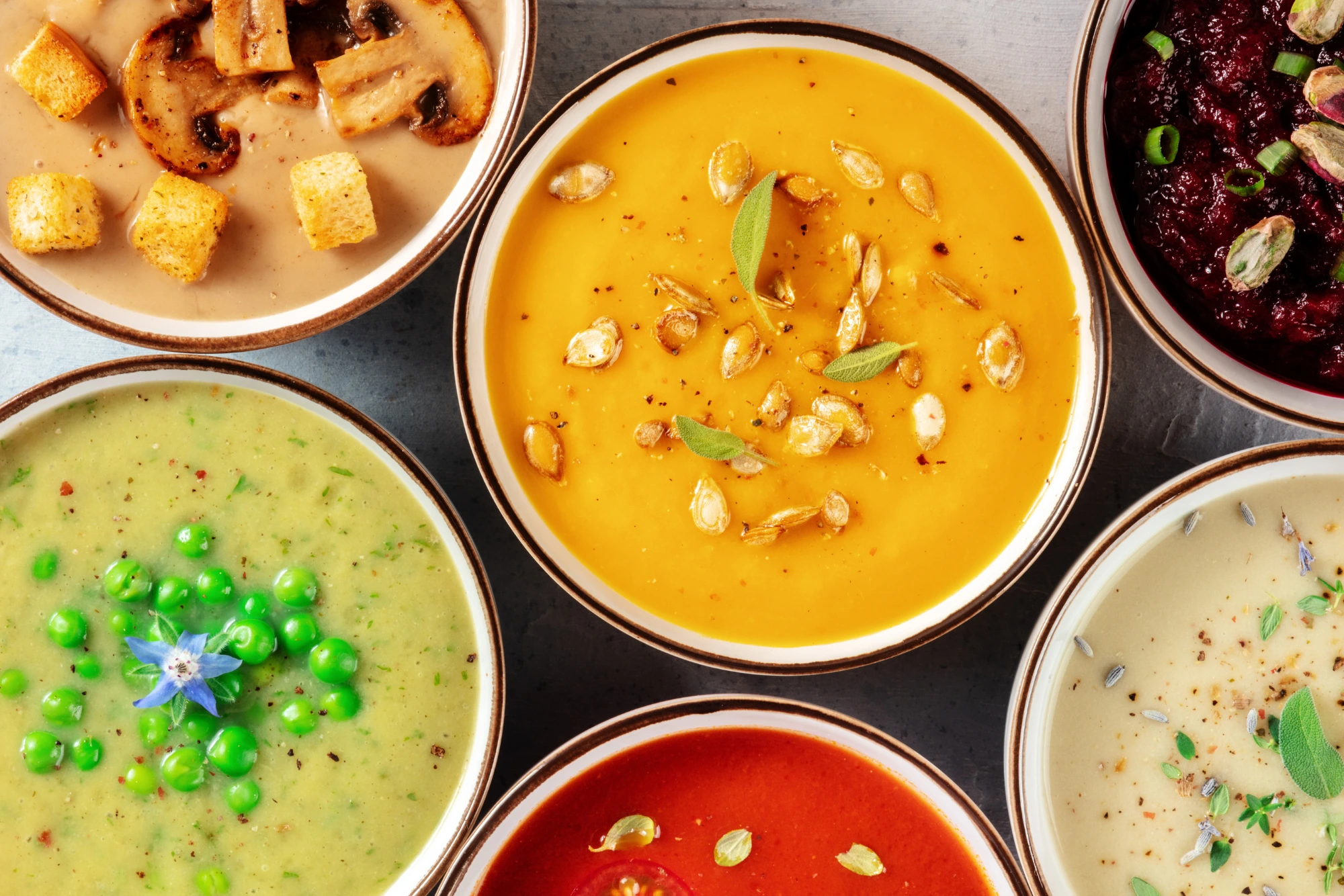
A light soup is a perfect starter for iftar. It’s easy to digest and helps prepare your stomach for the larger meal. Some popular ramadan food soups include:
- Lentil soup – High in protein and fiber.
- Chicken soup – Rich in nutrients and easily digestible.
- Vegetable soup – Packed with vitamins and minerals.
3. Salads
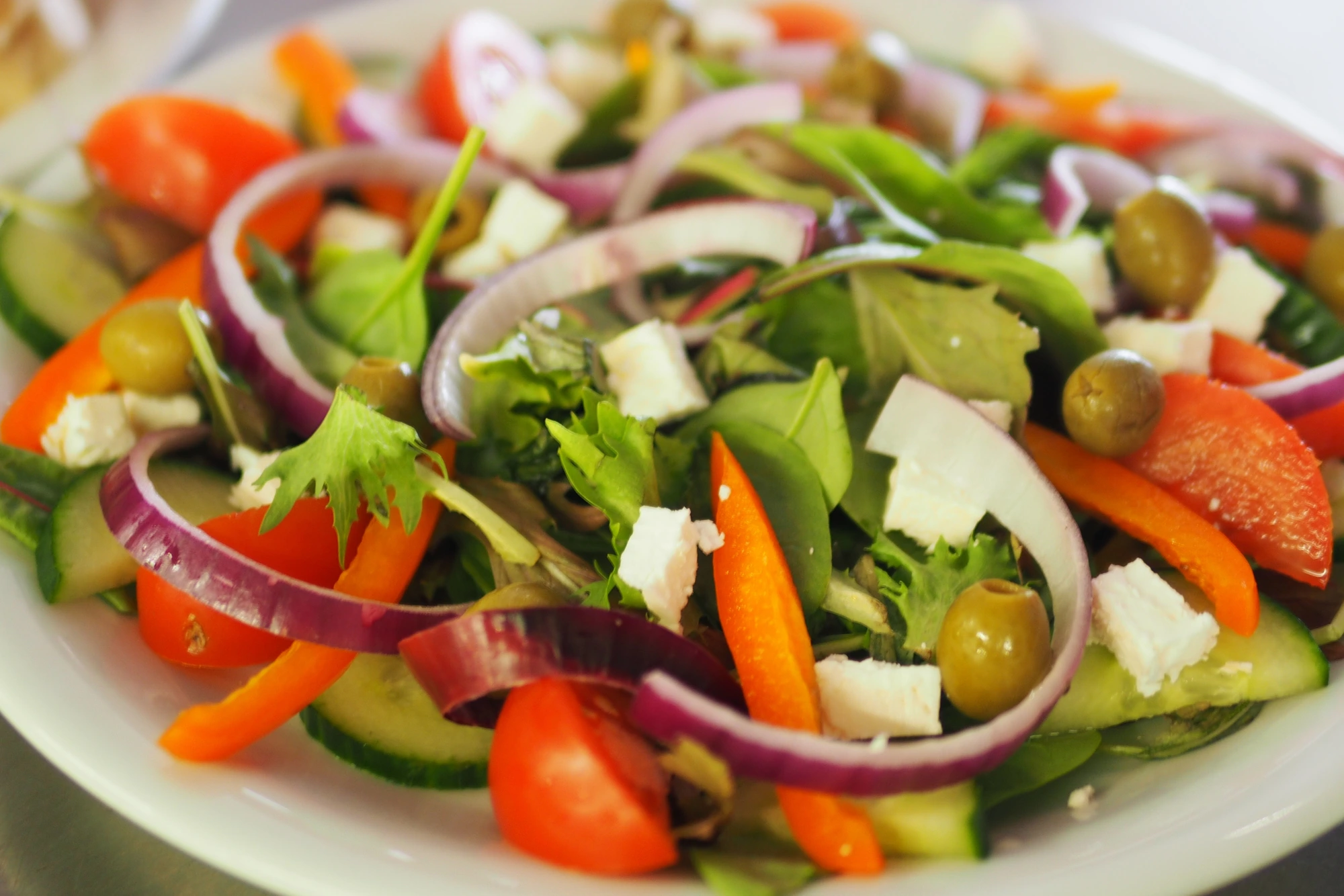
Salads are a great way to add some fresh vegetables to your iftar menu. You can mix leafy greens, cucumbers, tomatoes, and other vegetables for a refreshing and healthy dish. Adding a source of protein like grilled chicken or chickpeas can make your salad more filling and nutritious.
4. Main Course Dishes
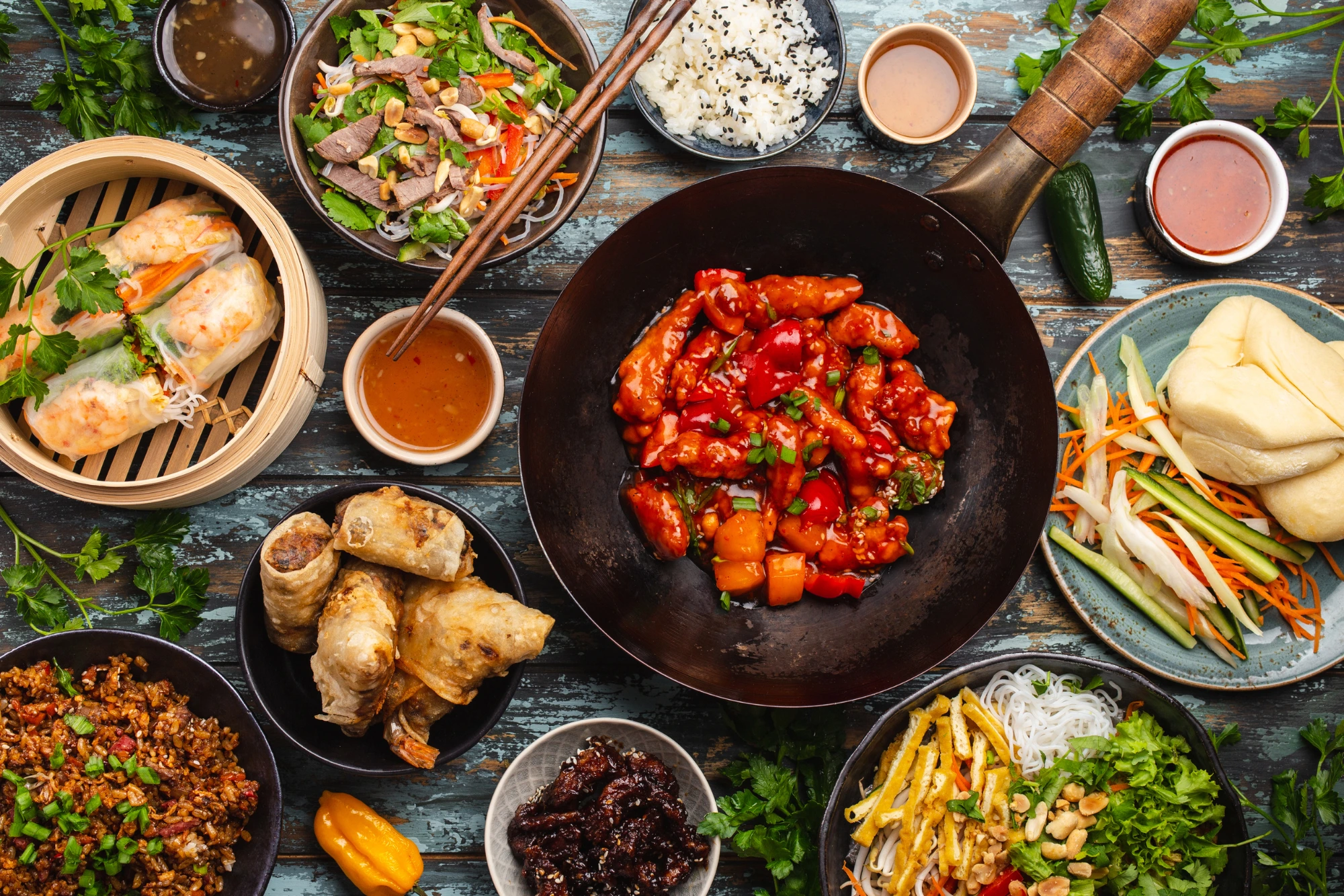
For the main part of your iftar meals, you can include a variety of dishes such as:
- Grilled meats – Chicken, lamb, or beef can be grilled or baked to provide high-quality protein.
- Rice dishes – Try ramadan recipes like pulao or biryani, which are filling and contain carbohydrates for energy.
- Stews – Rich in vegetables, meats, and spices, stews are hearty meals that provide nutrients.
5. Healthy Sweets
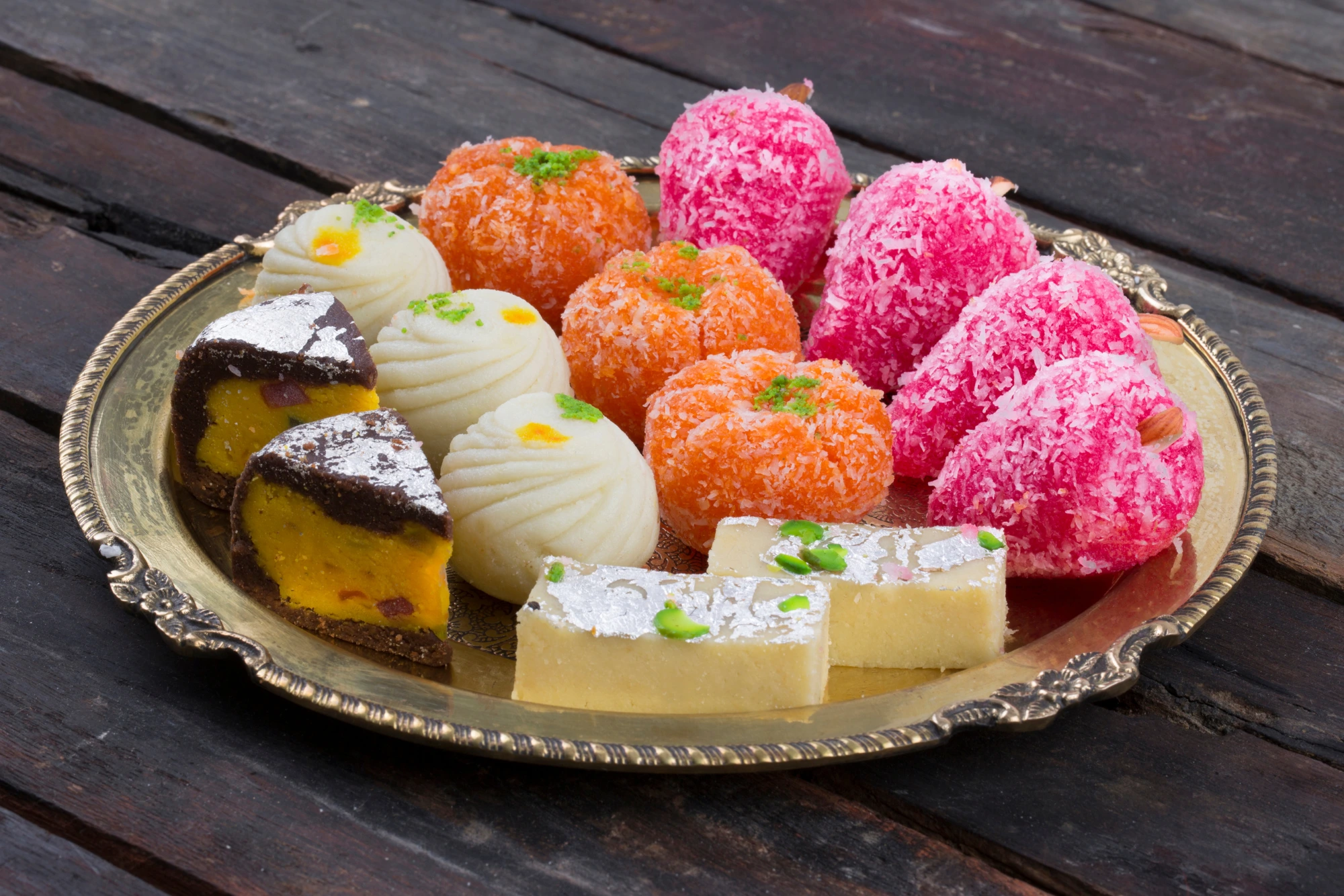
Sweet treats are often enjoyed during Ramadan celebrations, but it’s best to choose healthier options. Iftar recipes like fruit chaat or dates stuffed with almonds offer natural sweetness and are packed with nutrients.
6. Water and Drinks
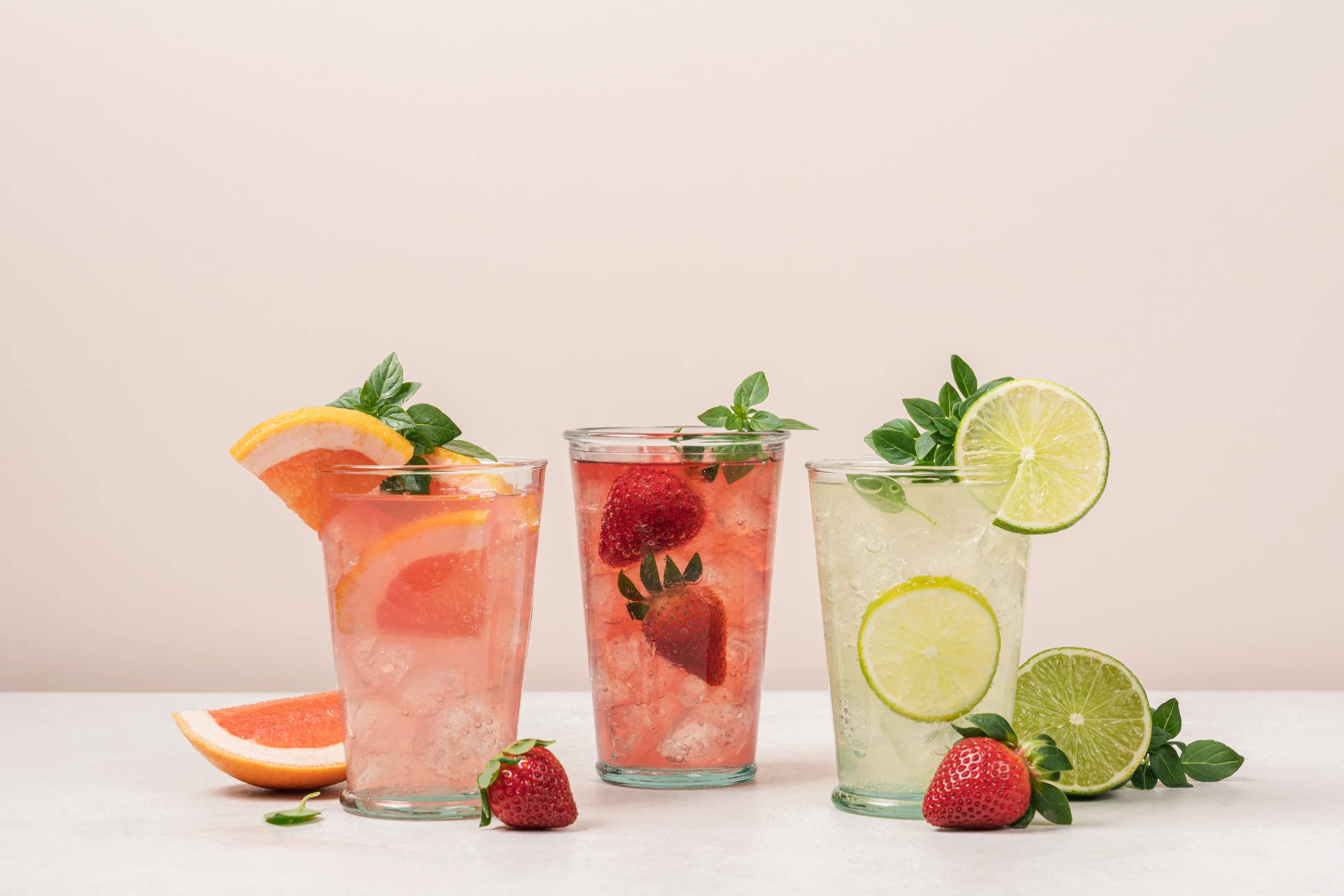
Staying hydrated is crucial after a day of fasting. Drink plenty of water, but you can also enjoy drinks like:
- Rooh Afza – A traditional Ramadan drink made with rose essence and herbs.
- Fruit juices – Freshly squeezed juice can help replenish vitamins lost during the day.
Foods to Avoid at Iftar
While there are many delicious dishes to enjoy, there are also some foods you should avoid during iftar:
- Fried foods – These can be heavy on the stomach and lead to sluggishness.
- Sugary foods – Too much sugar can cause energy crashes.
- Caffeinated beverages – Coffee or tea can cause dehydration.
- Salty foods – These can make you feel thirsty and lead to dehydration.
- Heavy meats – Opt for leaner cuts of meat instead of fatty ones.
By avoiding these foods, you can keep your energy levels steady and maintain your health throughout Ramadan.
Also Read: Ramadan 2025: What’s the Distinction Between Zakat and Zakat al-Fitr?
The Role of Suhoor in Ramadan
Suhoor is the pre-dawn meal before the fast begins. It is just as important as iftar, as it helps fuel the body for the long day of fasting ahead. You should aim to eat foods that are slow-digesting, so they keep you feeling full and energized. Some great suhoor meal ideas include:
- Whole grains – Oats, brown rice, and whole wheat bread are great sources of complex carbohydrates.
- Protein-rich foods – Eggs, yogurt, and cottage cheese can provide lasting energy.
- Hydrating foods – Foods like cucumbers, watermelon, and other fruits can help with hydration.
- Healthy fats – Avocado, nuts, and seeds provide slow-releasing energy throughout the day.
Ramadan Timetable and Iftar Today
It’s important to follow the Ramadan timetable so you know exactly when iftar time is each day. Ramadan time varies depending on your location, so always check the local ramadan calendar to make sure you’re breaking your fast at the correct time.
- Iftar today – The exact time to break your fast can be found in the ramadan timetable.
- Ramadan Iftar time – The time varies each day as the days of Ramadan progress, so checking the Ramadan calendar is essential.
Iftar Menu Ideas for Special Occasions
Sometimes, you may want to prepare a more elaborate iftar buffet for special occasions like the weekend or a family gathering. Here are some iftar menu ideas for those moments:
- Stuffed grape leaves – A delicious and light starter.
- Samosas – Crispy and filled with vegetables or meat.
- Biryani – A flavorful rice dish with spices, meat, and vegetables.
- Chicken kebabs – Grilled chicken skewers that are full of flavor.
- Kheer or rice pudding – A traditional dessert to end your meal.
These iftar dishes can make your iftar dinner a memorable experience for everyone.
Also Read: Ramadan 2025: A Journey of Fasting, Reflection, and Celebration
Tips for Staying Energized During Ramadan
Here are a few tips to stay energized during Ramadan fasting:
- Avoid overeating – Eating too much at iftar can make you feel tired and sluggish.
- Include a variety of foods – A balanced meal with proteins, carbohydrates, and healthy fats will keep you energized.
- Stay hydrated – Drink plenty of water between suhoor time and iftar time to stay hydrated throughout the day.
- Plan your meals – Think ahead and plan your Ramadan food menu to ensure you’re getting the right nutrients.
- Rest when you can – Take breaks and get enough sleep to ensure you’re well-rested for the next day of fasting.
Conclusion: Healthy and Nutritious Iftar Food
As you prepare for Ramadan, it’s important to focus on nutritious ramadan recipes that will keep you energized and healthy. Whether you’re looking for easy iftar recipes, special Ramadan meals, or unique iftar menu ideas, making informed choices about what to eat will help you make the most of this holy month.
Always remember to stay hydrated, eat a variety of foods, and enjoy the blessed month of Ramadan with your loved ones. Iftar food is an essential part of the daily routine, so make sure your meals are balanced and provide long-lasting energy.
May you have a blessed and healthy Ramadan!
Also Read: What Makes Ramadan 2025 Special? Dates, Rules, and Best Wishes Explained
FAQs
- What should I eat at Iftar to stay energized during Ramadan?
Eat a mix of carbohydrates, proteins, healthy fats, and hydration. Start with dates and water, then enjoy light soups, salads, grilled meats, and rice dishes. - What is the traditional food for Iftar?
Dates and water are traditionally consumed to break the fast, followed by soups, salads, rice dishes, and refreshing drinks like fruit juices. - How can I prepare a nutritious Iftar meal?
Include lean proteins, whole grains, healthy fats, and plenty of vegetables. Hydrate with water or fruit juices. - What foods should I avoid during Iftar?
Avoid fried, sugary, caffeinated, or overly salty foods, as they can cause dehydration and energy crashes. - What is Suhoor, and why is it important?
Suhoor is the pre-dawn meal that provides energy for the day of fasting. Focus on slow-digesting foods like whole grains and protein-rich options. - How do I know the exact Iftar time each day?
Check your local Ramadan calendar or timetable to know the correct Iftar time, as it changes daily with sunset.


